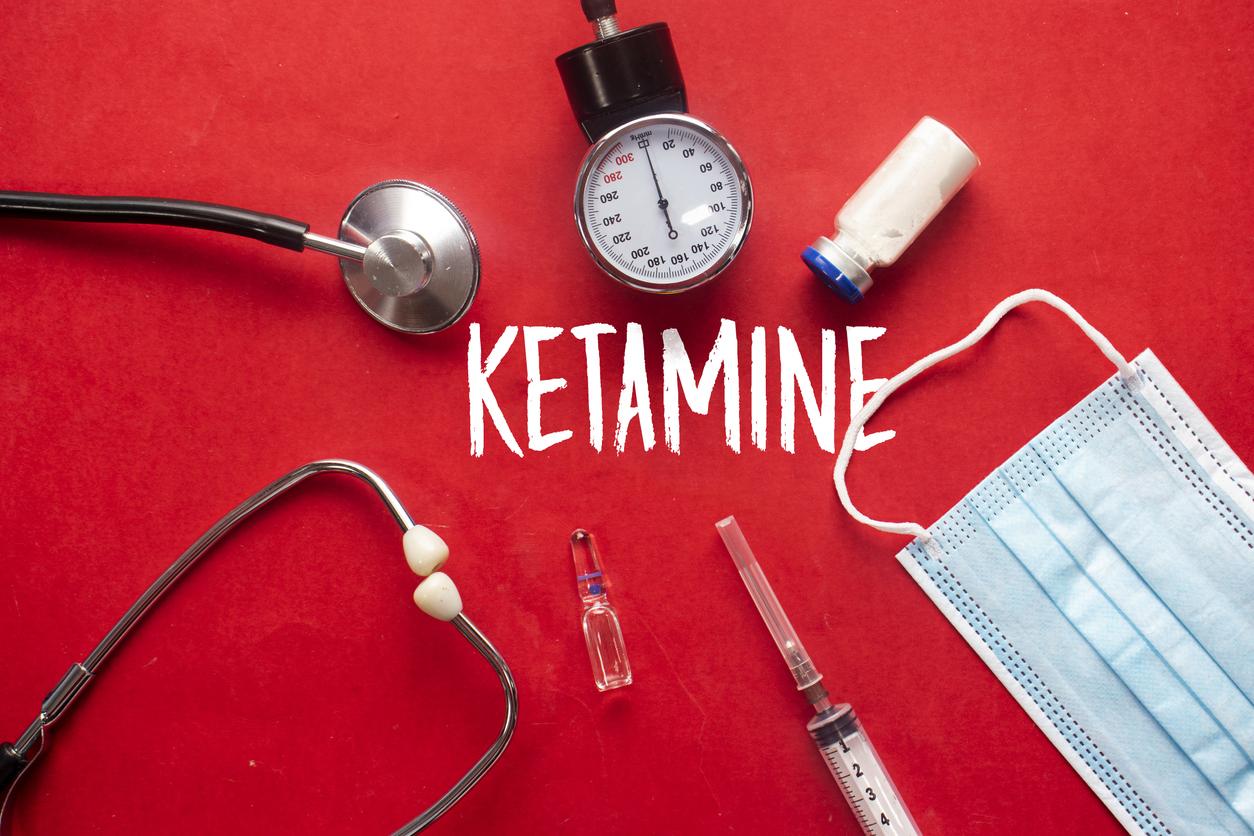Without questioning the sometimes hereditary nature of this mental disorder, a new study suggests that there are no isolated genetic variants that would promote depression.

Are there, as a dozen works have suggested in recent years, eighteen genes that would promote depression? According to a new study conducted by researchers at the University of Colorado at Boulder (CU Boulder) and published in theAmerican Journal of Psychiatryno.
While until now, scientists had agreed on the identification of a certain particular genes or genetic variants that would promote depression, this new article shakes their certainty. According to the authors, all of these theories about “candidate genes for depression” are false, and the studies that identified them as such are likely just the product of “false positives.”
Thousands of tiny effect variations
To reach this conclusion, the researchers analyzed genetic and survey data from 620,000 British individuals, which they then compared to 18 genes that appeared at least ten times in studies of the genetic origins of depression.
Among them was a gene called SLC6A4, involved in transporting the neurochemical serotonin. Research dating back two decades suggests that people with a certain “short” version of the gene are at significantly higher risk for depression, especially when exposed to trauma early in life. The researchers also looked at genes involved in the production of brain-derived neurotrophic factor (BDNF), a protein involved in nerve formation, and the neurotransmitter dopamine.
The researchers sought to determine whether either of these genes, or any of their variants, were associated with depression, alone or in combination with an environmental factor such as childhood trauma or diversity. “We found that, overall, these candidate genes are no more linked to depression than any random gene on the market,” says lead author Matthew Keller, associate professor of psychology and neuroscience. “The results, even for us, have been a little startling.”
The need for further research
“This study confirms that efforts to find a single gene or a handful of genes that determine depression are doomed to failure,” says Richard Border, graduate student and researcher at the Institute for Behavioral Genetics, who participated in the study. ‘study. The authors of the study clarify however: “We are not saying that depression is not inherited at all. It is. What we are saying is that depression is influenced by many variants, and each of them has a tiny effect.”
According to them, it is also essential to continue research on the genetic foundations of depression. However, scientists must admit that “the genetic architecture of depression is more complicated than previously thought”. “By understanding the thousands of disease-associated genes and what they do, researchers can ultimately obtain more accurate ‘polygenic scores’ to predict risk while potentially developing drugs designed to counter that risk,” they conclude.

.

















